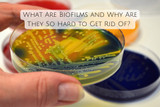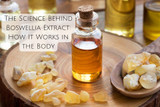Surprising Foods & Drinks That Can Harm Your Teeth
Whenever we eat anything, it is more likely to be seen stuck in our teeth. The reason for that is quite simple that we remain very careless while eating anything. The stuck food in the teeth can do a whole lot of damage to your teeth.
As per many dental experts, various foods and beverages cause various diseases in teeth like plaque. These can be highly hazardous that can damage the teeth. For those who do not know about plaque, it is a film with sticky bacteria, and once they remain stuck between the teeth, a person will face gum disease and decay. 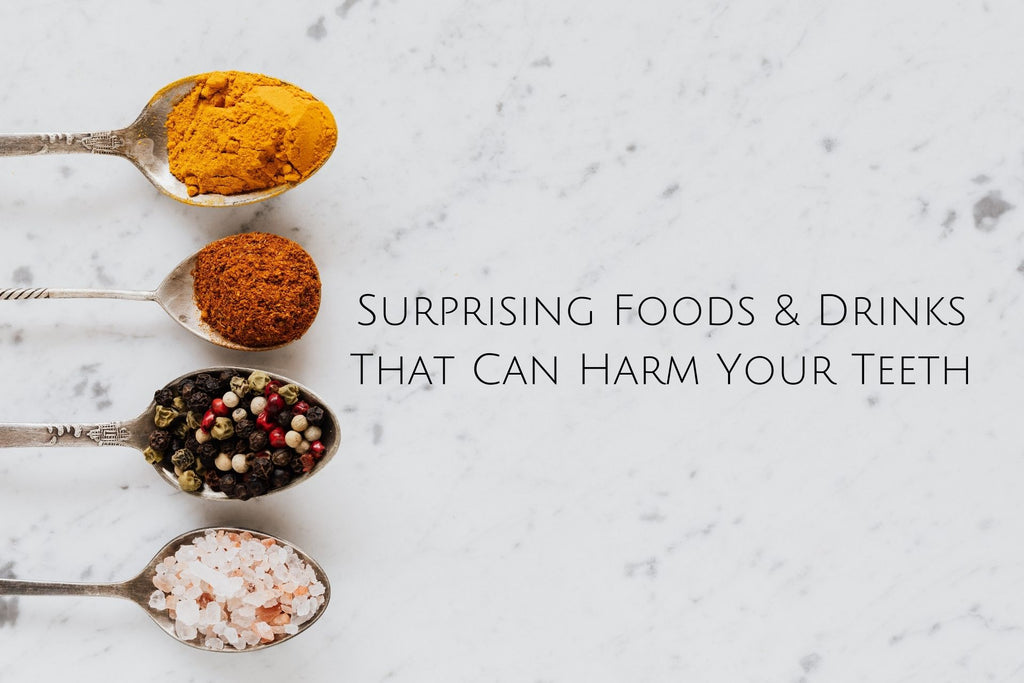
Tooth decay is one of the severe problems these days, and a vast number of people are its victim. The enamel is the protective layer available on the teeth responsible for their protection. Whenever you eat sugar or snack or meal, the bacteria emit acids, and hence tooth enamel is damaged. The cavities start developing in the mouth once the enamel is broken down due to the released acids.
Cavities are another problem caused in people age between 6 to 19 years. It is one of the chronic diseases that cause teeth pain, chewing problems, and others. For those who do regular brush properly, the plaque will keep on increasing and become tartar. It is the next level problem, and once reached to the gums, the person will face gingivitis, which is gum disease. Gingivitis is an early oral gum disease caused due to negligence of proper brushing.
That’s much of teeth problem details! Now, how can we be sure what all foods are causing the cavities in the mouth? And, how will you control the wreaking havoc going on in your mouth? Regular brushing and doctor consultation are two basic approaches, but if you manage to keep ahead of bacteria, you can save yourself from many problems.
Don’t worry! We have got you covered here. You might think that eating a lot of sweets damages the teeth, but that same applies to any other food item as well. While specific coffee and wines can put stains on the teeth, food choices can cause harmful effects. Check out our below-mentioned list of foods and products we eat and how they can damage our teeth if correct measures are not taken.
1. Dried Fruits:
Because of all the vitamins, dried fruits like raisins and apricots look like a healthy alternative to regular sweets. However, dried fruit is nature's answer to gummy candy. Fruit contains a lot of natural sugars, which promote tooth disease equally as effectively as refined sweets. Dried fruit's stickiness makes it easier for germs to hide in cracks and crevices, where they may do more damage to your teeth. You are probably under the impression that dried fruits are a good source of nutrition. But many dried fruits are sticky. Some examples are apricots, pruned fruits like figs and raisins, and raisins themselves. As a result, they get encrusted in the teeth and fissures, leaking large amounts of sugar into the mouth. If you are a fan of dried fruits, be sure to brush and floss afterward and rinse your mouth with water. The fresher, the better, too, since the processed ones are higher in sugar.
2. Ice: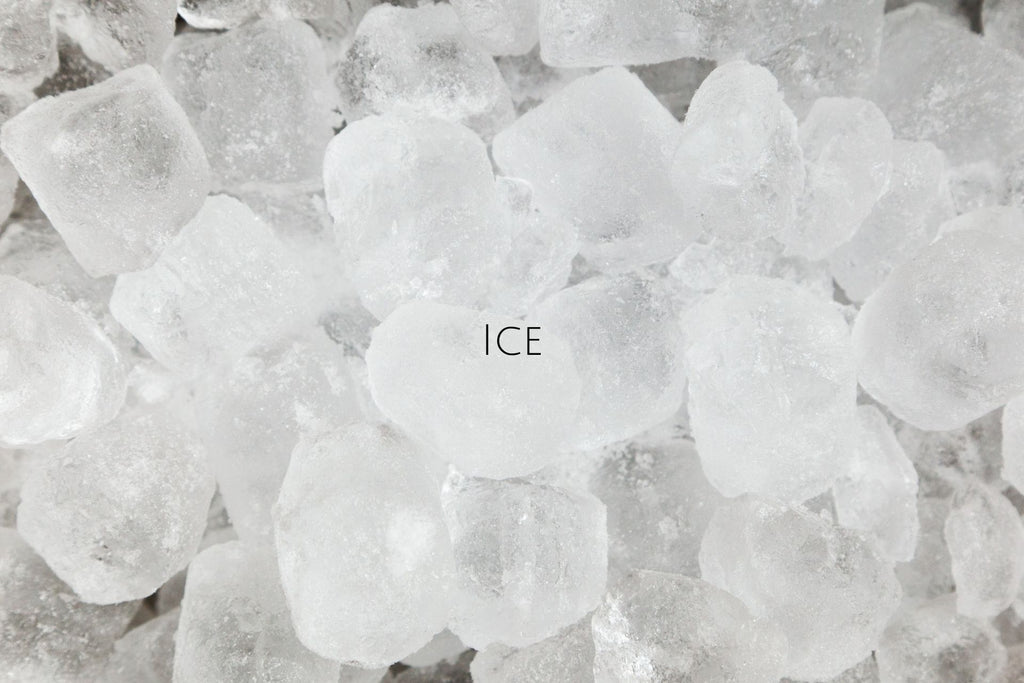
Making ice pops at home may be a fun and nutritious alternative to buying store-bought ones. On the other hand, ice is very hard, and chewing on it may wear away the enamel or even cause fractures in teeth that are already fragile.
3. Herbal Tea: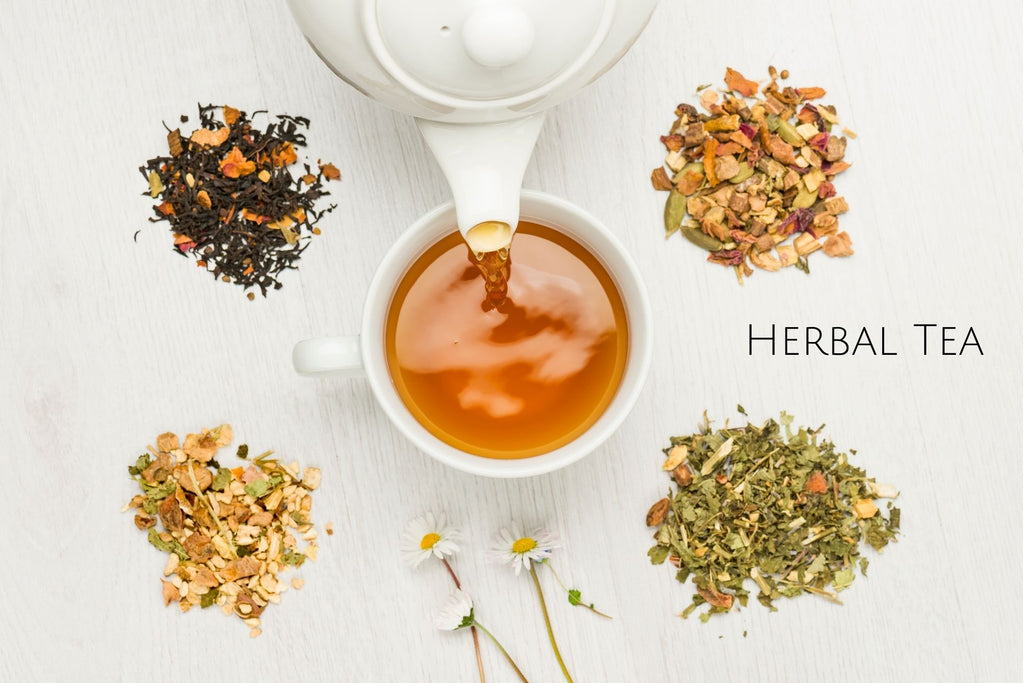
Herbal tea may discolor your teeth just as severely as coffee or ordinary tea, if not worse. Tannic acid, found in white and herbal teas, is a potent antioxidant that binds to plaque and produces discoloration.
4. Kombucha: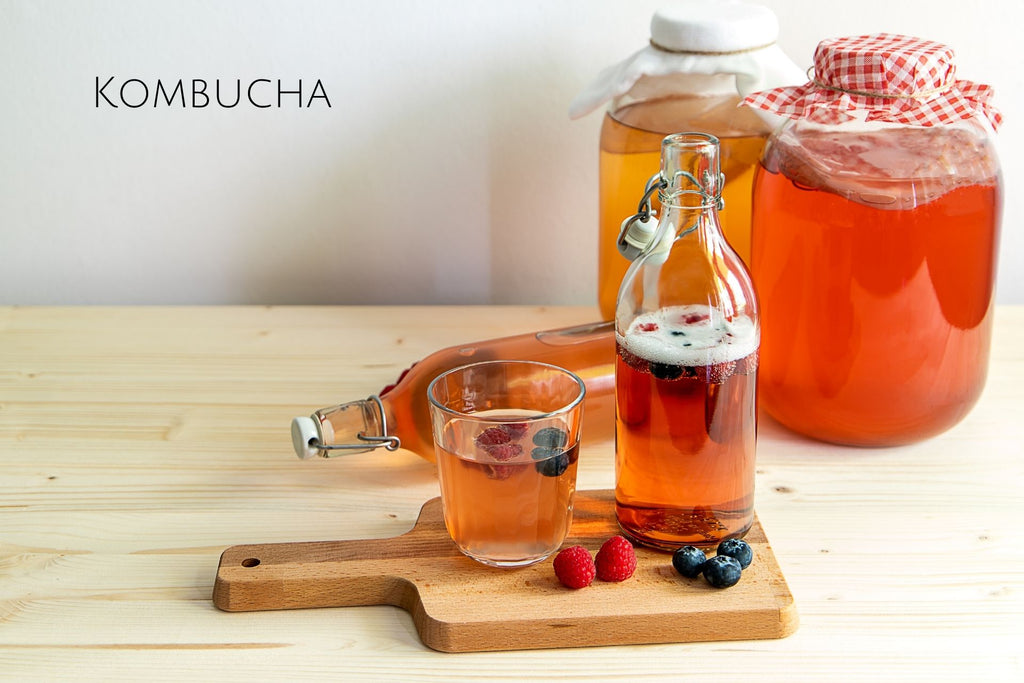
The current popularity of this fermented tea drink may be attributed to its beneficial bacteria for the gut. Kombucha, on the other hand, is very acidic. The acidity of some meals causes tooth enamel to weaken and demineralize, resulting in decay. Letting yourself be exposed for an extended time, such as over coffee with friends at your favorite neighborhood café, increases the risk of health problems.
5. Cough Syrup: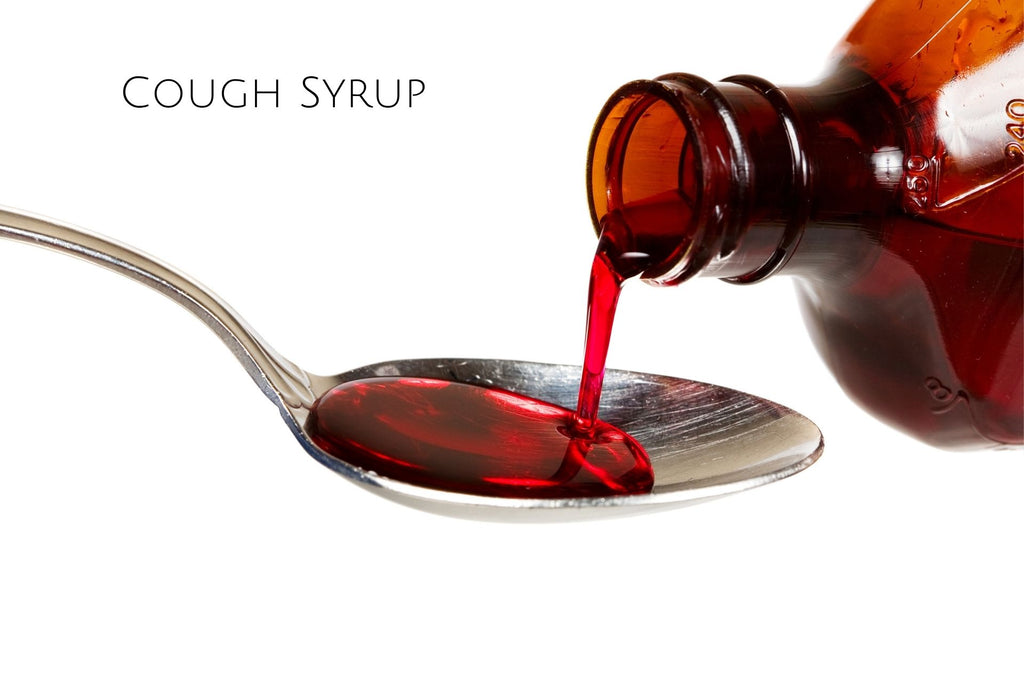
Just because something is medication does not imply that it is beneficial for your dental health. Cough drops often include the same amount of sugar as hard candy, and your teeth have no way of knowing the difference between the two.
6. Diet Soda: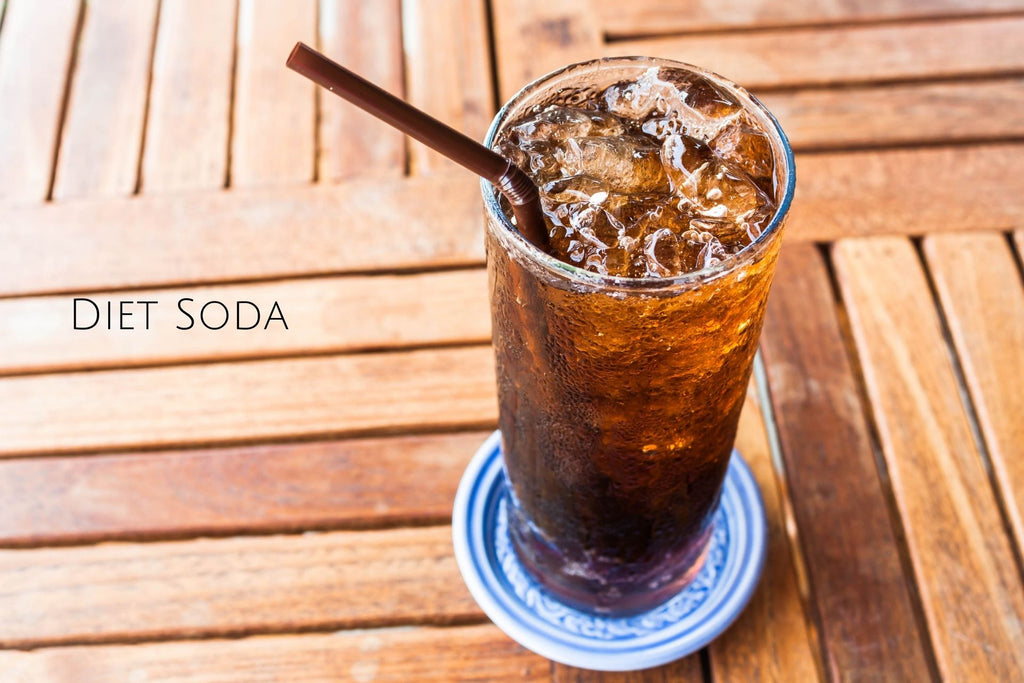
Regular soda, of course, is the problem due to the high sugar content, but diet soda is not entirely blameless either. The acids phosphoric and citric found in all sodas erode tooth enamel regardless of sugar content. Artificial sweeteners in diet drinks may contain more acid than in regular soda.
7. Potato Chips: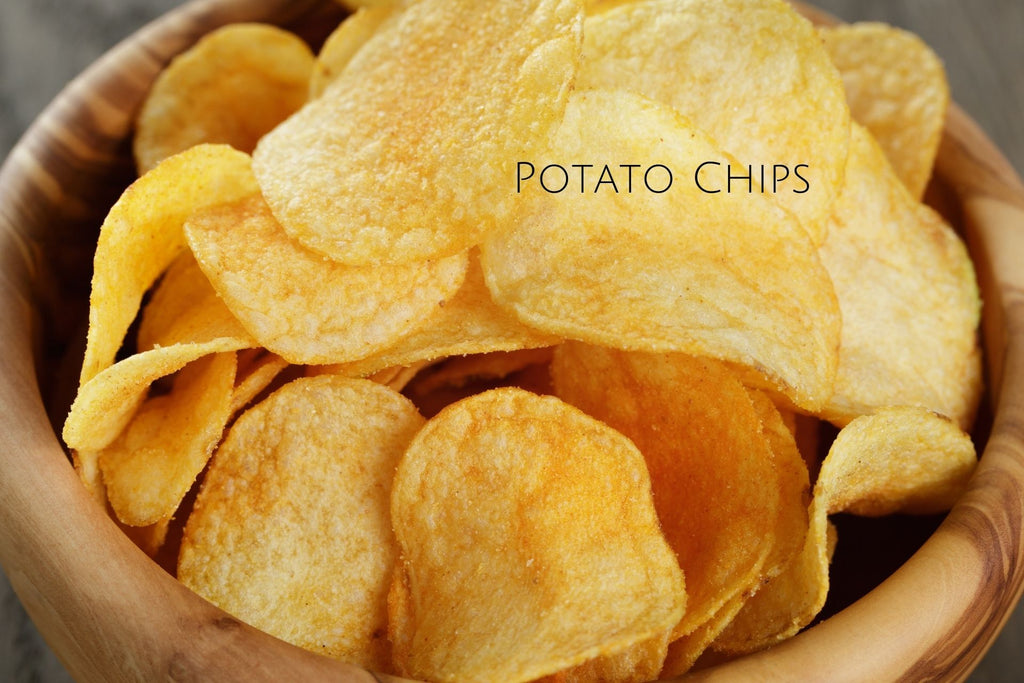
While no one claims that potato chips are a nutritious food, are they not preferable to a sweet treat when you are in a bind? Instead of starchy foods (like potatoes) becoming acid, bacteria in plaque break them down. Crumbs from potato chips may become caught between your teeth and remain there for longer than you anticipated, increasing the exposure of your teeth to acid and the likelihood of decay.
For many of us, nothing beats the delightful crunch of a potato chip. Unfortunately, they are high in starch, which breaks down into sugar when heated, and the sugar may stick to the teeth, feeding the bacteria that cause plaque. Because we never eat just one, the acid from the chips lingers. Brush your teeth with some fluoride after you have eaten a bag to get rid of any leftover debris.
8. White Wine: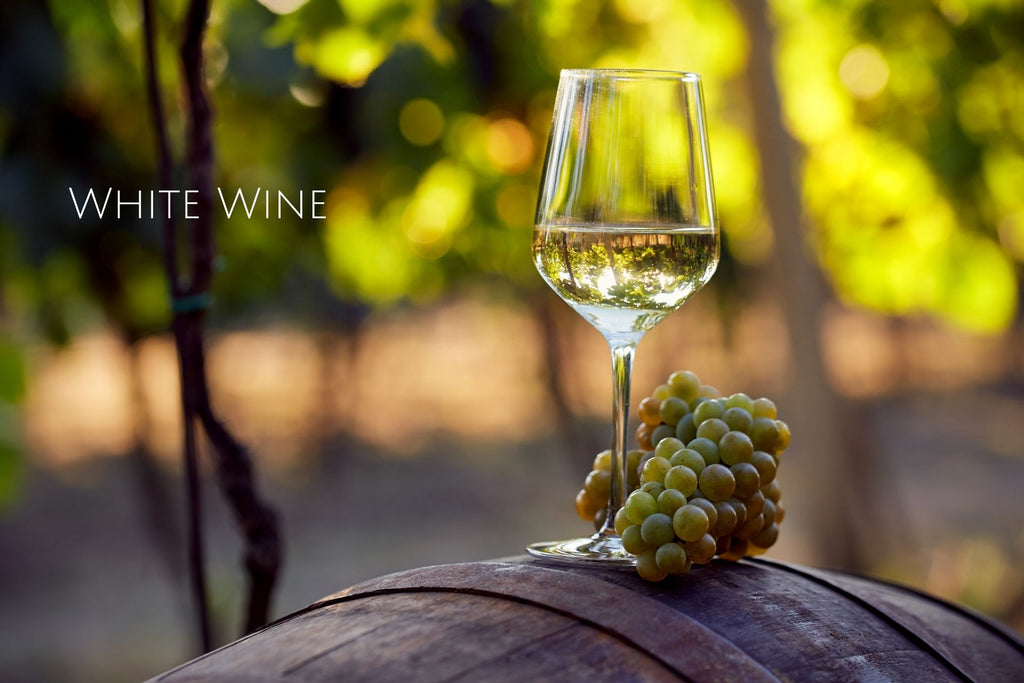
Red wine is notorious for staining teeth, so you reason that sticking to white will be preferable. When it comes to acid-based drinks such as white wine and coffee, they may still damage your teeth' enamel, leaving you vulnerable to discoloration from these substances.
9. Chewing Gum: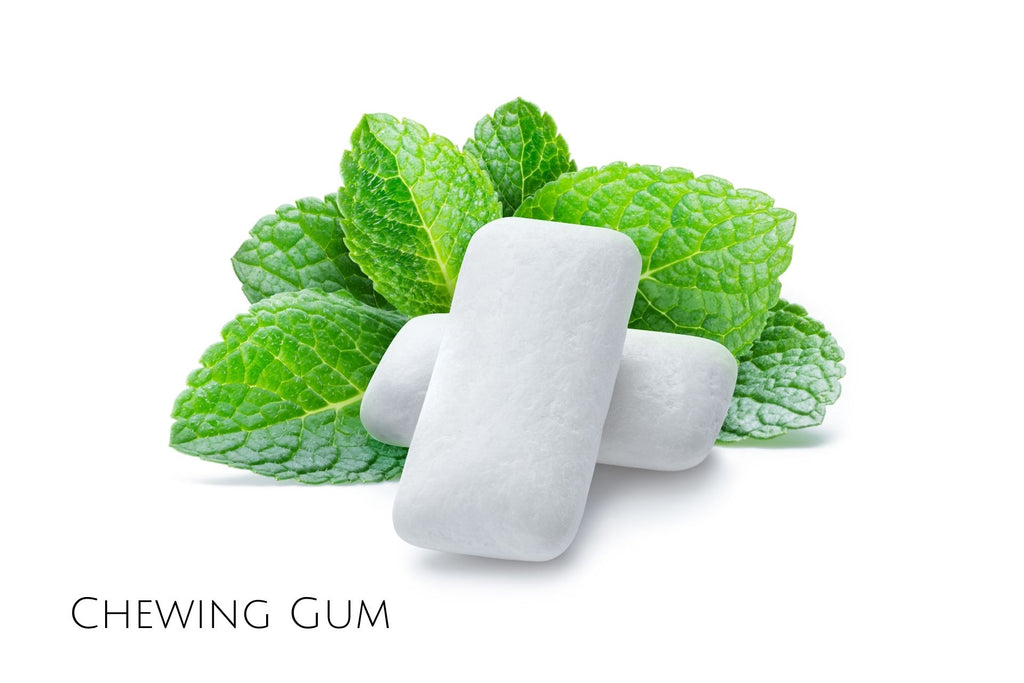
It is questionable whether or not this counts as food. Therefore, do not go through that hatch. However, as many ads claim, sugar-free chewing gum is really beneficial for your teeth. Chewing increases saliva production, which aids in better rinsing of toxic acids. Additionally, it improves the odor of your breath.
10. Salmon: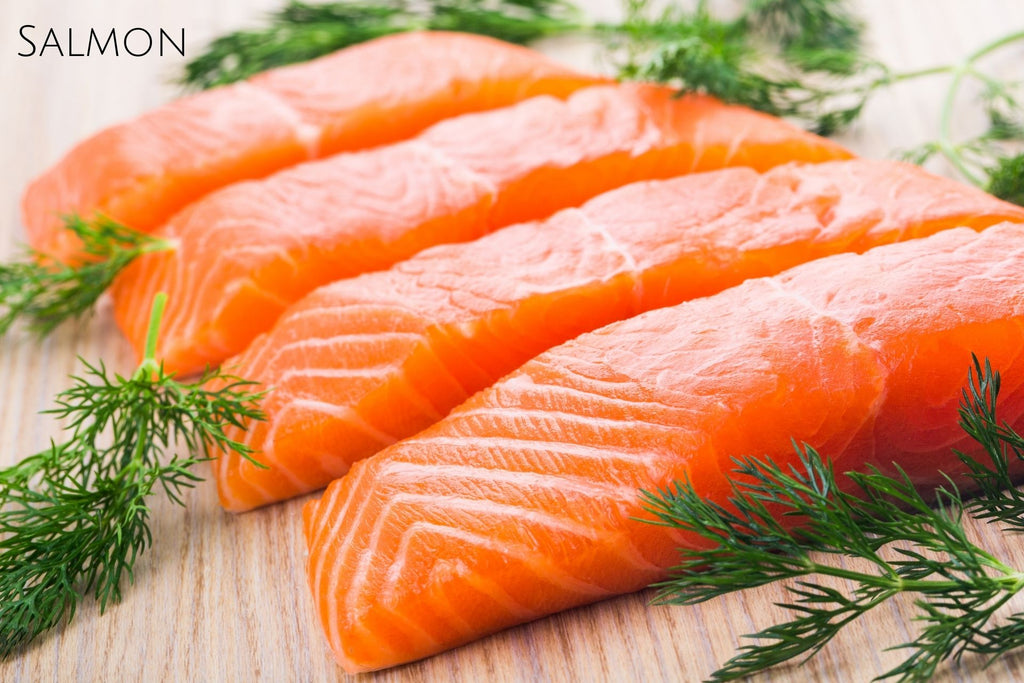
Vitamin D is critical for excellent dental health because it helps the body absorb calcium more efficiently and utilize it more effectively throughout the body. Salmon is a powerhouse of calcium and vitamin D, making it a go-to meal for solid teeth and gums.
11. Carrots: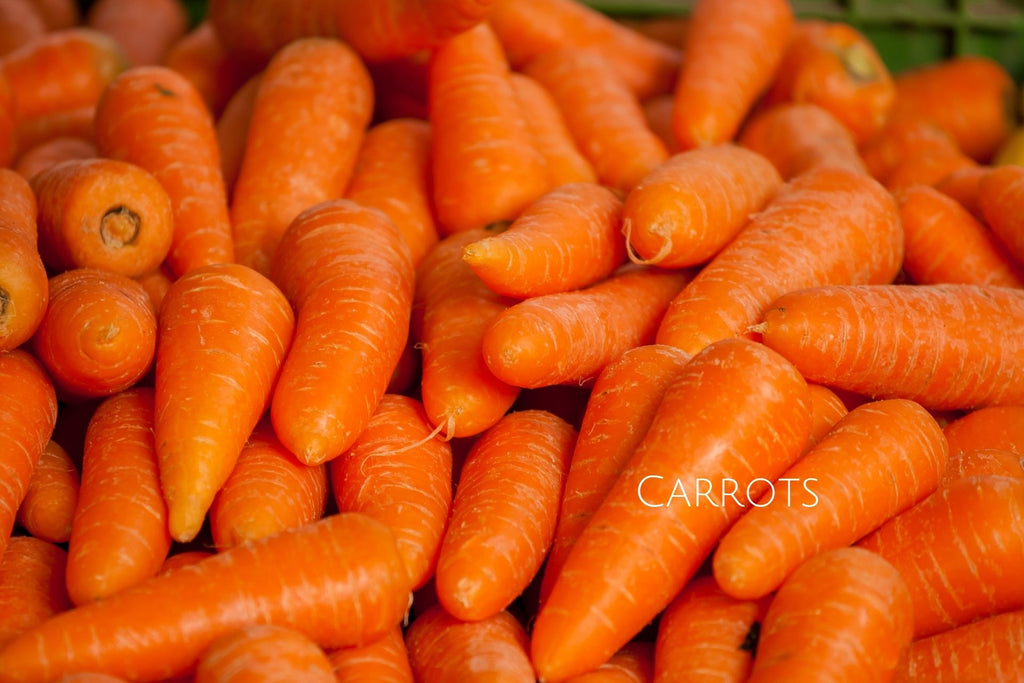
Carrots have long been touted as a cavity-fighting superfood because of the natural toothbrushing action of nibbling on crisp, raw carrot sticks. While the chewing motion is massaging the teeth, the brightly colored vegetable also contains keratin, which attacks plaque and Vitamin A, which is critical for the health of the tooth enamel. On the whole, it is an excellent mid-meal snack.
12. Cheddar: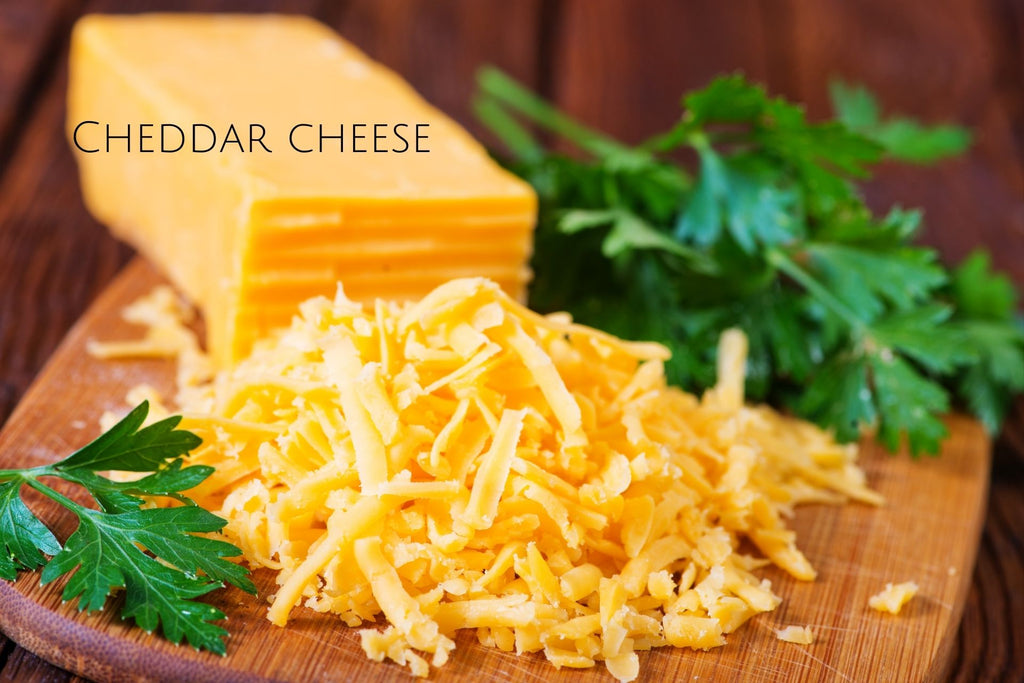
Cheddar cheese is excellent for your oral health. Phosphate and calcium in milk help keep teeth and bones strong, but they also help keep the pH level in your mouth balanced, which means less damaging acid, more cleaning saliva, and fewer cavities due to drinking milk.
13. Yogurt: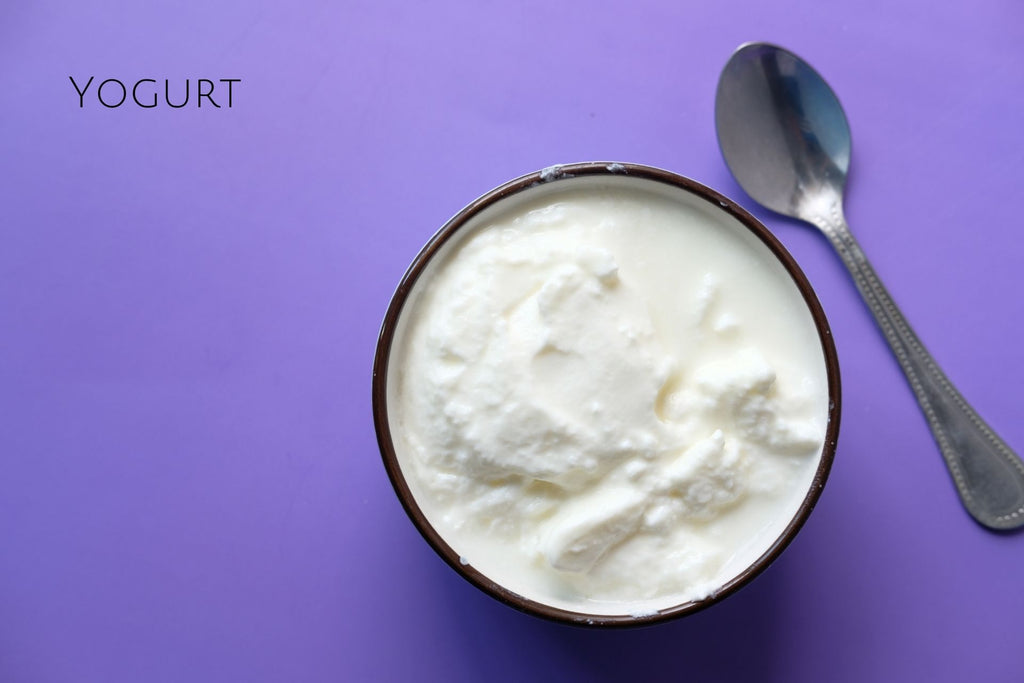
Natural unsweetened yogurt is a beautiful, healthy breakfast or snack since it has no added sugar. Yogurt includes casein and calcium, which are suitable for your teeth because they build enamel and help it heal if it becomes broken.
14. Sesame Seeds: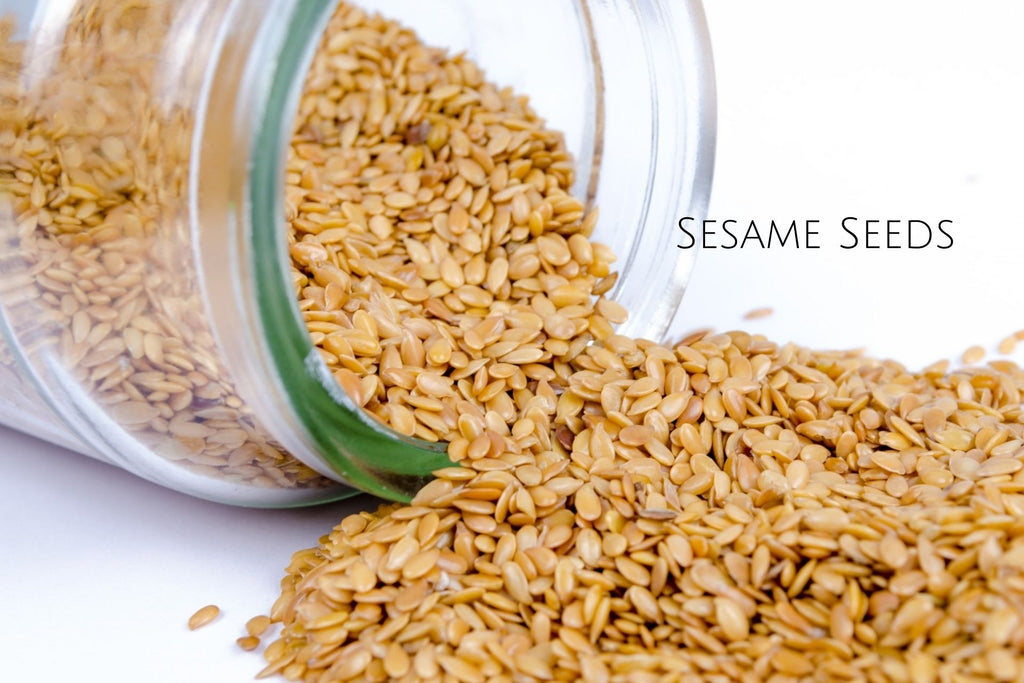
There are two benefits to eating sesame seeds, whether you eat them plain or baked into bread. To begin with, they help remove plaque from your teeth as you chew them, and they are also a good source of calcium. However, be careful to remove any seeds that may get lodged between your teeth.
15. Onions: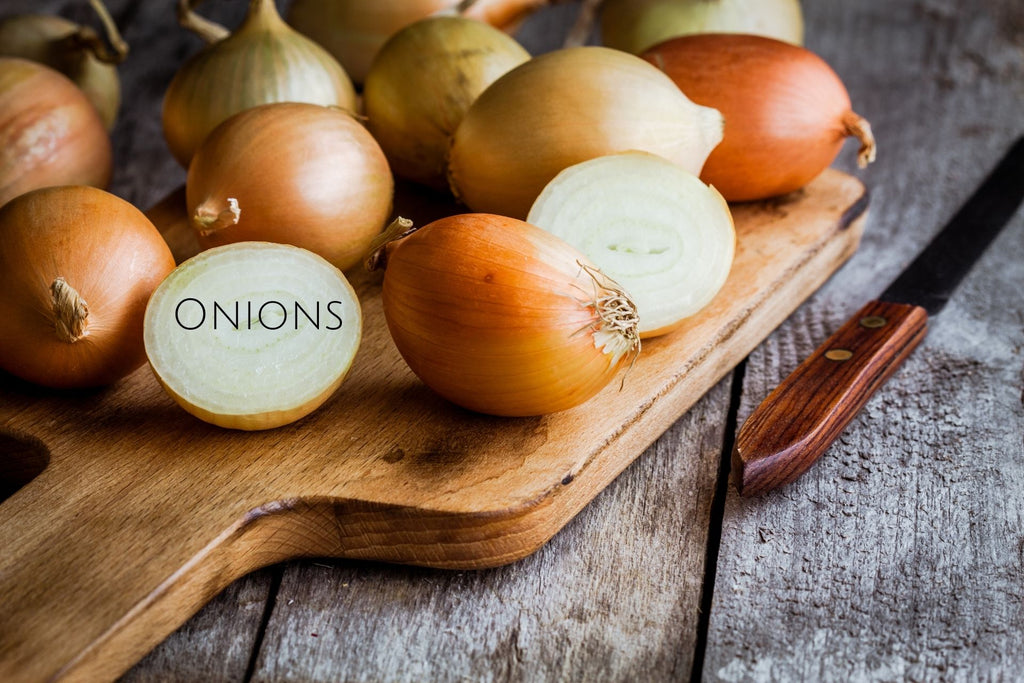
An onion's antibacterial sulfur components help to keep your teeth clean by killing germs that may cause cavities. However, later on, you may want to savor a piece of gum!
16. Celery: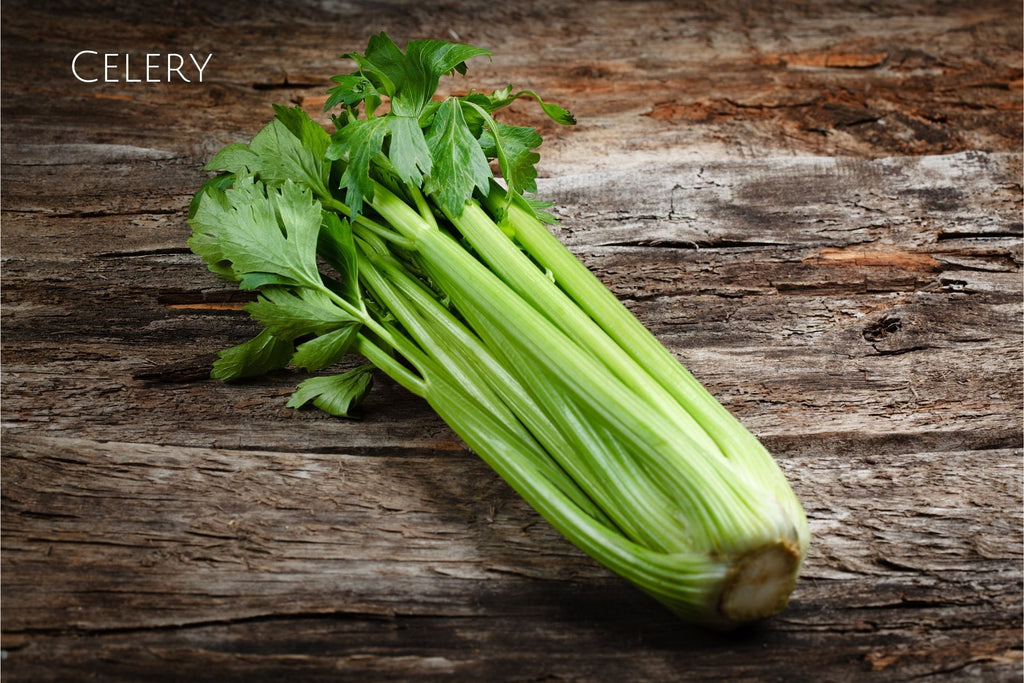
Celery is excellent for brushing your teeth. Grasping celery helps clean your teeth and rubs your gums, and the saliva you generate while doing so fights germs in your mouth.
17. Fruits and Vegetables: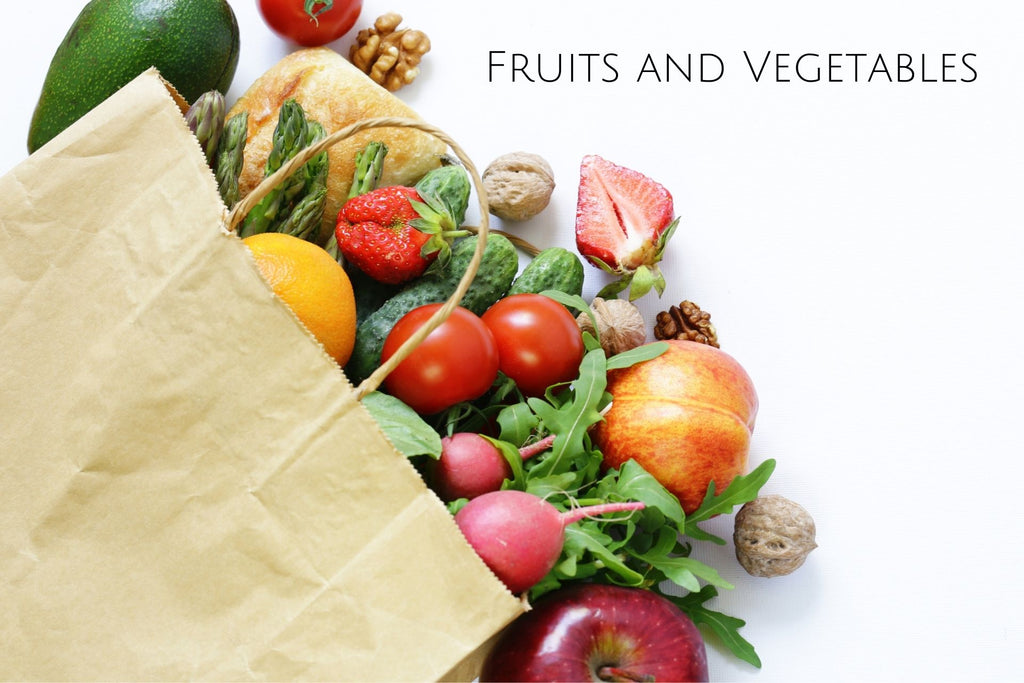
Apples are very acidic, so it is understandable if you are worried about how they might affect your teeth' enamel. Apples' natural sugars, on the other hand, work to neutralize oral acids. It also helps to increase saliva production by eating apples, which are high in vitamins that promote healthy gums.
18. Strawberry: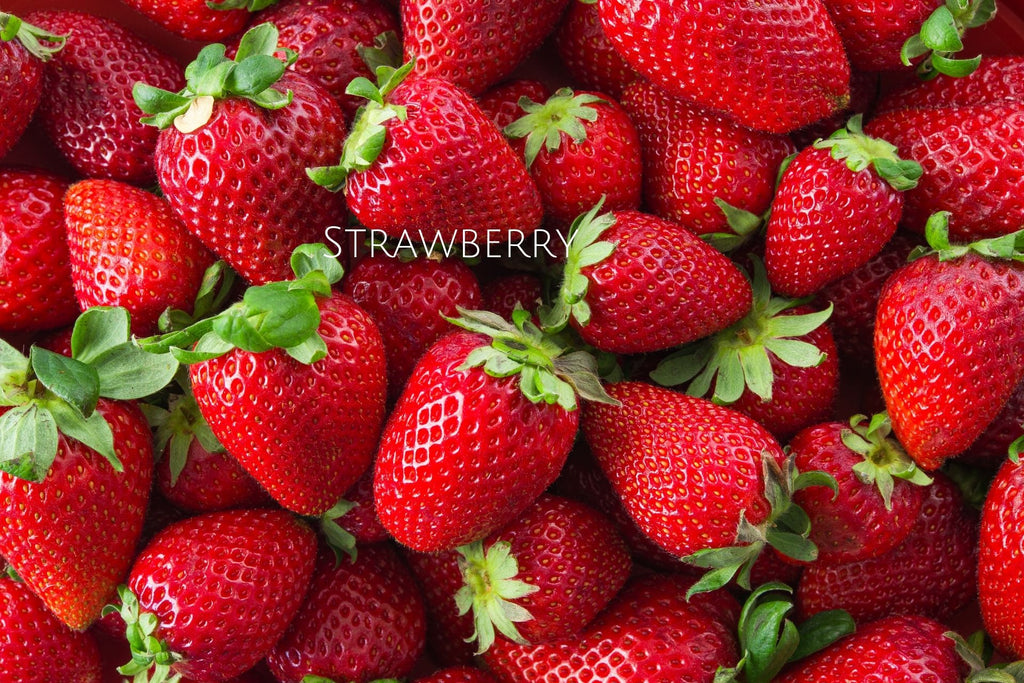
Why are strawberries healthy for your teeth if they are sweet, acidic, and stain everything red? Malic acid, found in strawberries, is a natural whitener for enamel, so eating them may help keep your teeth stain-free. Remember to floss after eating strawberries since the seeds may become trapped between your teeth.
19. Sour Candies: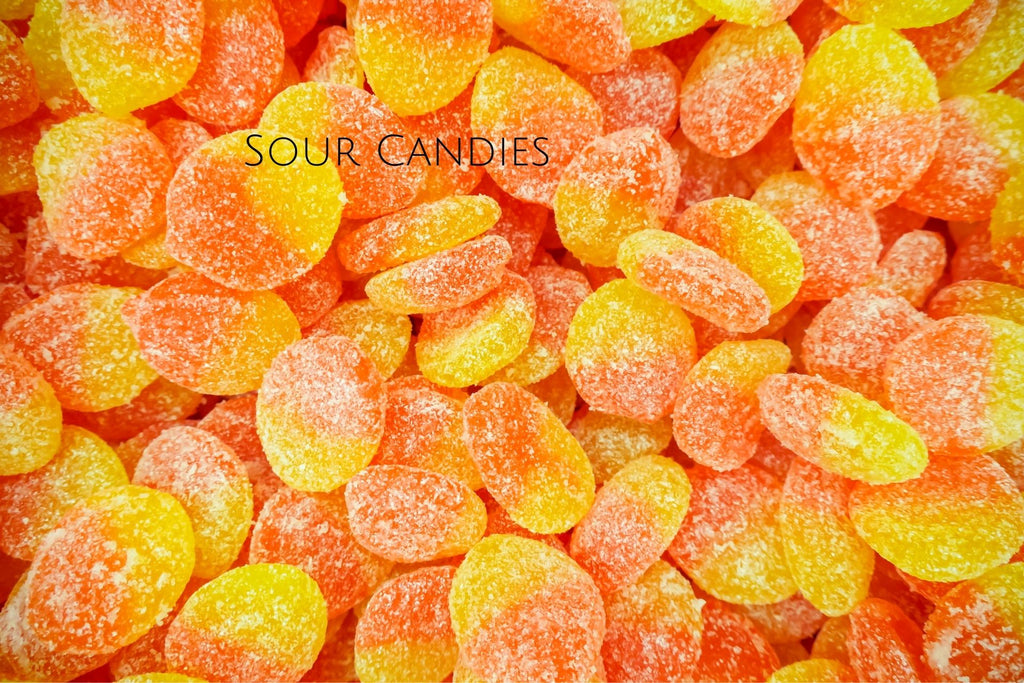
It is no surprise that sugary treats are harmful to your oral health in the long run. However, sour candy has a greater concentration of acids, making it more damaging to your teeth. Additionally, chewy foods cling to your teeth longer, increasing your risk of tooth decay. If you are in need of something sweet, go for a piece of chocolate that you can eat fast and then throw away.
20. Loaf of Bread: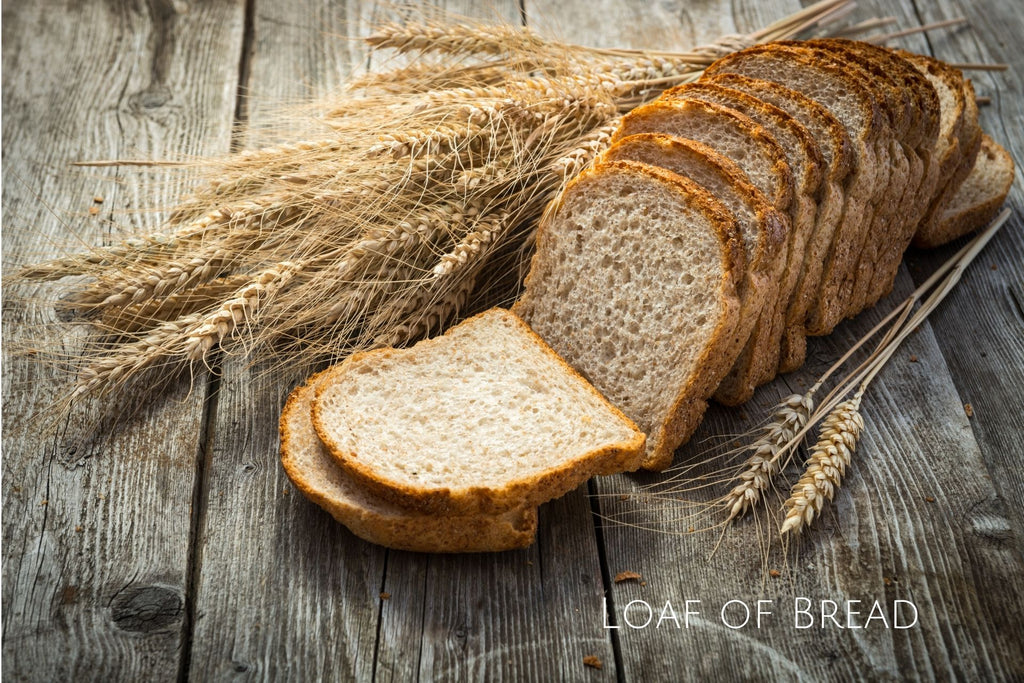
Consider your options carefully when you browse the supermarket's bread section. Saliva turns down carbohydrates into sugar as you eat bread. The bread has turned into a gooey mush and is now stuck in the gaps between teeth. Cavities may develop as a result of this. Carbohydrates like whole wheat are better for you when you want them.
21. Alcoholic Beverages: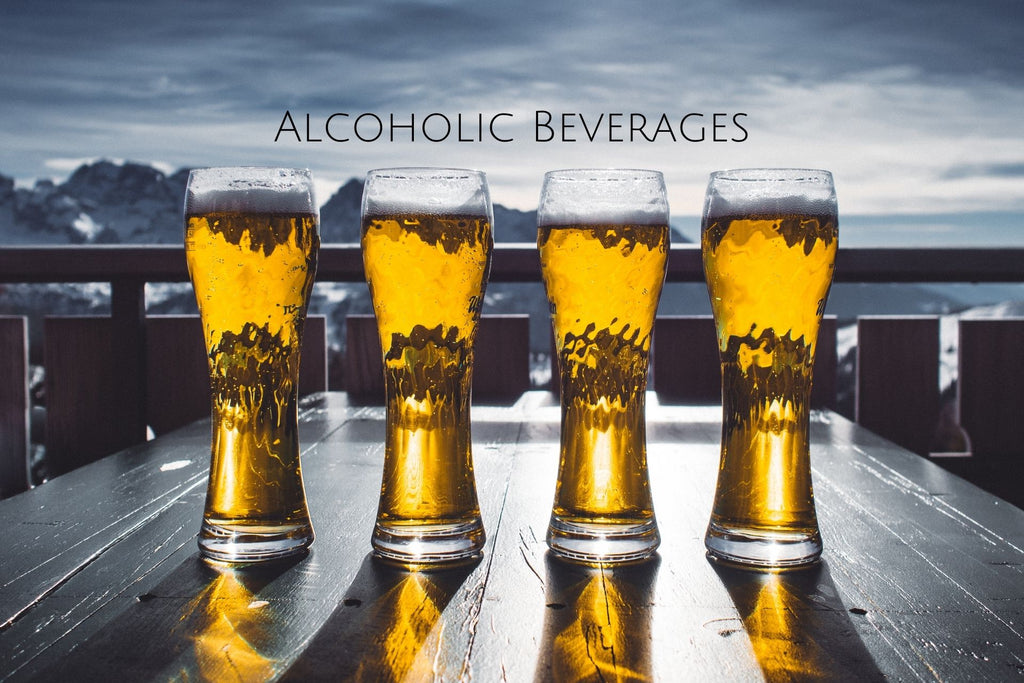
We are all aware that excessive alcohol use is not suitable for you. Did you know, on the other hand, that drinking dries up your mouth? A dry mouth is devoid of saliva, which is essential for maintaining good oral health. In addition to washing away food particles, saliva also serves to keep food from adhering to your teeth. Fluoride rinses and oral hydration treatments may help keep your mouth moisturized. Alcoholic beverages may repair tooth decay, gum disease, and other diseases in the mouth earlier with this treatment.
22. Carbonated Beverages: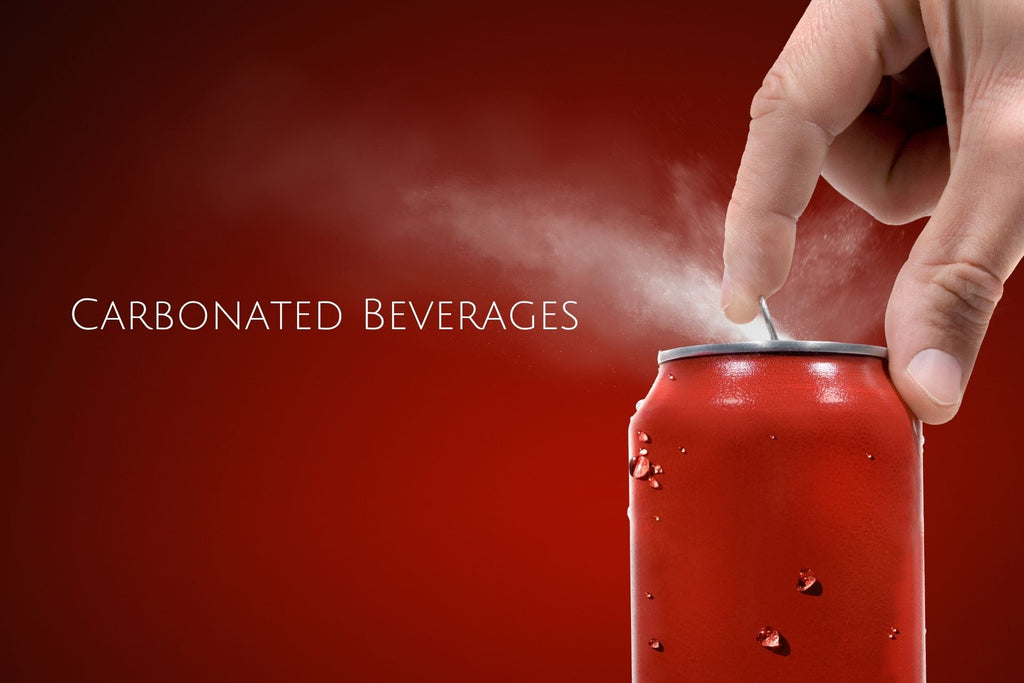
Even if a drink or pop is labeled "diet," we all know it has little nutritional value. According to new research, consuming a lot of fizzy soda may be just as bad for your teeth as taking meth and crack. Tooth enamel is attacked by the acid produced by plaque while drinking carbonated drinks. Because soda is an acidic beverage, sipping on it all day will cause enamel erosion. Additionally, it reduces saliva production since it dries out your mouth. Finally, drinking dark drinks may discolor or darken your teeth over time. As a reminder, avoid brushing right after drinking soda, as this will only serve to speed up tooth decay.
23. Citrus: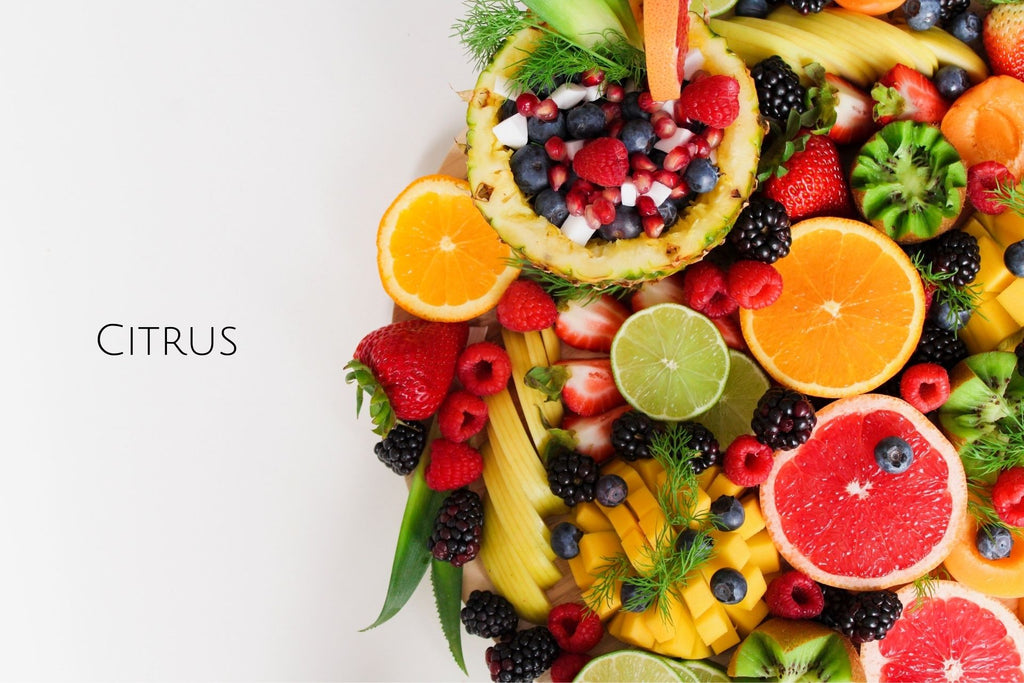
Fruit and juices like oranges, grapefruits, and lemons are high in vitamin C and make great snacks. Eat and drink them sparingly at meals if you want to get the benefits of their antioxidants and vitamins. However, the acidity of these drinks may eat away at the enamel, leaving teeth more susceptible to decay and infection. If you squeeze lemon or lime juice into your water, you are adding acidity to your drink without even realizing it. Citrus acid may irritate open sores in the mouth. Rinse with water afterward.
In The End
The greatest thing you can do for your teeth is to avoid foods and beverages that may harm them. However, if you must have your favorites, use these suggestions to limit the harm.
Do not let yourself become too buzzed by alcoholic beverages. According to Genet, if sugary or acidic foods are left on your teeth for an extended period, the harm they do increases.
Choose gum that is not sweetened with sugar. Additionally, Genet claims that chewing gum generates saliva that protects your teeth' enamel by removing some of the acid and sugar from your mouth.
Recent Posts
-
Water Memory: The Quantum Perspective on Why Water is More Than H₂O
Water is everywhere—covering over 70% of the Earth’s surface, coursing through our bodies, and essen
-
What Are Biofilms and Why Are They So Hard to Get Rid Of?
Biofilms are fascinating yet challenging structures that have significant implications for health, i
-
The Science Behind Boswellia Extract: How It Works in the Body
Boswellia serrata, also known as frankincense, is a resin obtained from the Boswellia tree that has



